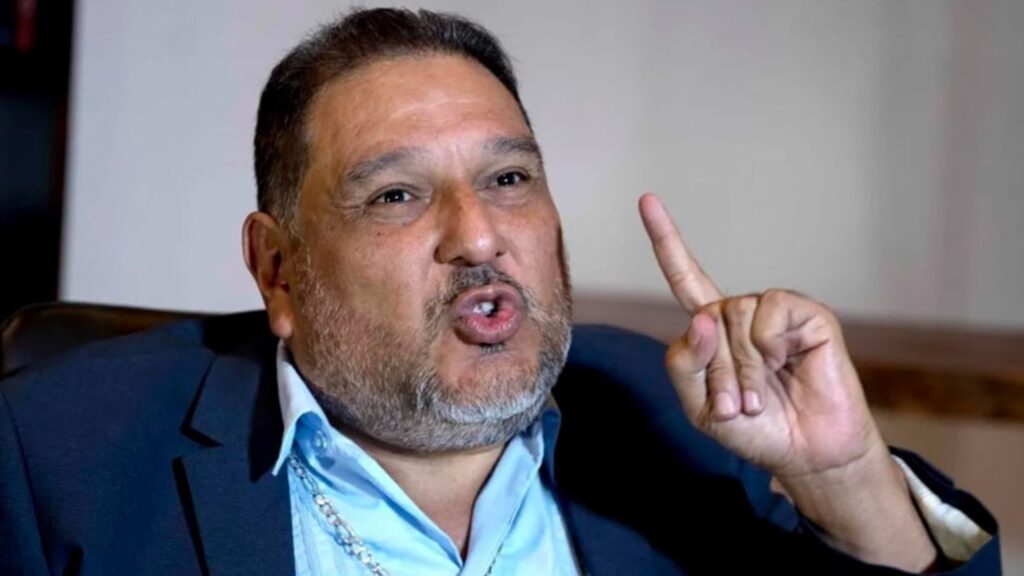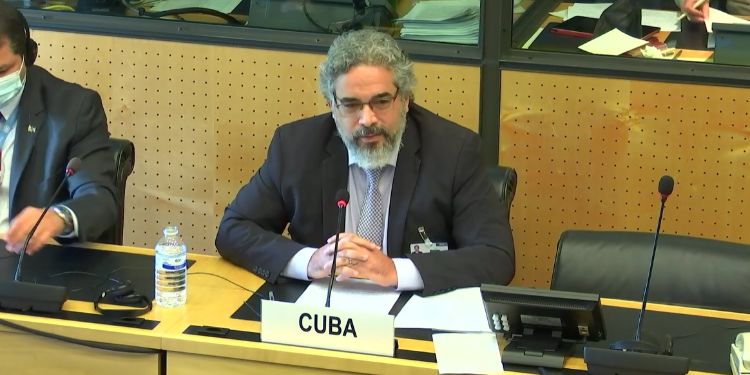The National Banking and Securities Commission (CNBV) continues with its work to ensure that the financial system as a whole is aware of the risks of money laundering and financing of terrorism that it faces, and in this vein, it has adjusted the exam that it carries out in order to certify the personnel of financial entities in terms of money laundering prevention.
In this year’s version, the new topic that appears in said exam is that of corruption, a topic that the CNBV has tried for some years to promote in the models of risk of financial institutionswith the publication of two guides in this regard that guide on the possible warning signs that must be considered when dealing with operations, especially, of officials or former officials of the public administration.
“Corruption is one of the crimes preceding money laundering, we must be very clear about it, very present, at least conceptually. So, definitions of corruption are being incorporated into this review, which I believe do not hinder anyone and I do not believe that be something that modifies the exam’s complexity,” commented Omar Torres, Deputy General Director of Prevention of Operations with Resources of Illicit Origin of the CNBV.
In a webinar organized by the Association for the Prevention of Money Laundering and Economic Crimes (ASPLDE), Torres emphasized that this awareness that the CNBV seeks in the financial system regarding acts of corruption, responds in part to the obligation that Mexico has to combat this crime and that is reflected in different international treaties.
“Mexico has even been and is an integral part of various international treaties and commitments, which measure us in the evolution we have in the fight against corruption,” said Torres.
According to the 2021 edition of Transparency International’s Corruption Perceptions Index, Mexico ranked 124th out of 180 countries evaluated, with a score of 31 points (on a scale of zero to 100, where 100 would be the best assessment possible).
process will continue
With the change of officials in different dependencies from the second part of this administration, the issue of anti-money laundering certification, both from the CNBV and from the Financial Intelligence Unit (FIU) for vulnerable activities, was called into question and there has even been speculation about its continuity.
Since 2015, the CNBV has been applying continuous evaluations, at least two during each year, to certify compliance officers, auditors and other professionals in the field of money laundering that are within the scope of the financial system. .
Until a few months ago, the CNBV It had a record of more than 3,300 people certified in the matter. It should be noted that, although some sectors are not required to have a certified compliance officer, most of their entities already have certified personnel, such as banks and brokerage houses, while in others sectors it is still a challenge to comply with this process.
The CNBV official noted that it is not within the plans of the Preventive Processes area to end the certification process in the short term and even eliminate it could not be so easy because said examination is already embodied in the law.
“There is no glimpse of any change aimed at modifying what we have as a very good public policy and best practice, which is certification… This certification is even at the legal level, which makes it not so easy to modify it, because it requires a whole legislative process to be able to modify, remove or interrupt it,” explained Torres.
Gray afternoon at the CNBV
This Friday, April 29, was the last active day of the Vice President of Preventive Processes of the CNBV, Sandro García-Rojas Castillo, who a few days ago announced his resignation from the position and from the organization, in which he was for almost nine years. , first as General Director of Prevention of Operations with Resources of Illicit Origin and later in the vice presidency in charge of monitoring the anti-money laundering compliance of the financial system.
In his work, García-Rojas Castillo managed to establish direct bridges with international financial authorities, mainly from the United States, as well as with the International Financial Action Task Force against money laundering and terrorist financing.
Likewise, he was a promoter of the issue of certification, as well as of new technologies in terms of supervision in the financial system, in line with what financial organizations have insisted on a global level.
Within the names that have been rumored they can replace Garcia-Rojas Castillo, sounded that of Juan Ayax Fuentes Mendoza, former official of the extinct Federal Attorney of the Republic and also of the current Prosecutor’s Office; however, everything indicates that from the Treasury they extinguished the intention of said appointment.
In addition to the resignation of García-Rojas Castillo, that of Ingrid Colorado Martínez de Escobar, who served as General Director of Investigative Visits of the CNBV and who, in his work, since 2019, promoted different inquiries against various entities, mainly unregulated, that carried out financial activities, such as deposits, without having the relevant authorization.
Likewise, Martínez de Escobar promoted investigations against entities in the financial technology sector (fintech) that committed various irregularities such as the promotion of activities that were not allowed.
In a survey, different sources agreed: “today was a gray afternoon for the CNBV.”
rrg

















